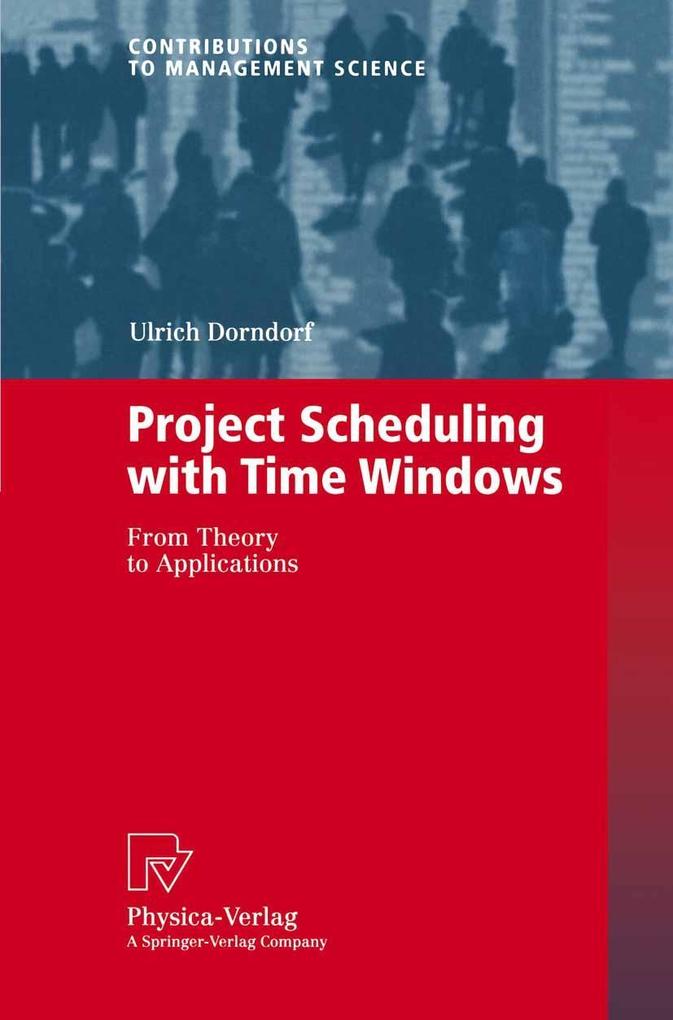Project Scheduling is concerned with the allocation of scarce resources over time. The rich optimisation models with time windows that are treated in this book cover a multitude of practical decision problems arising in diverse application areas such as construction engineering or make-to-order production planning.
The book shows how Constraint Propagation techniques from Artificial Intelligence can be successfully combined with Operations Research methods for developing powerful exact and heuristic solution algorithms for a very general class of scheduling problems. Example applications demonstrate the effectiveness of the approach.
Inhaltsverzeichnis
1 Introduction. - 1. 1 Motivation and Objectives. - 1. 2 Outline. - 2. Optimisation Model. - 2. 1 The General Single-Mode Model. - 2. 2 Extension to Multiple Execution Modes. - 3 Constraint Propagation. - 3. 1 Constraint Satisfaction and Optimisation. - 3. 2 Concepts of Consistency. - 3. 3 Consistency Checking. - 3. 4 Constraint Programming. - 4 Consistency Tests. - 4. 1 Basic Concepts. - 4. 2 Consistency Tests for Temporal Constraints. - 4. 3 Interval Consistency. - 4. 4 Disjunctive Sub-Problems. - 4. 5 Disjunctive Interval Consistency Tests. - 4. 6 Cumulative Interval Consistency Tests. - 4. 7 Multi-Mode Consistency Tests. - 4. 8 Summary. - 5 A Branch-and-Bound Algorithm. - 5. 1 Previous Solution Approaches. - 5. 2 Constraint Propagation. - 5. 3 The Branch-and-Bound Algorithm. - 5. 4 Computational Experiments. - 5. 5 Summary. - 6 Multi-Mode Extension of the Branch-and-Bound Algorithm. - 6. 1 Previous Work. - 6. 2 Constraint Propagation. - 6. 3 Extended Branching Scheme. - 7 Applications in Airport Operations Management. - 7. 1 Scheduling of Ground Handling Operations. - 7. 2 Gate Scheduling. - 8 Summary and Conclusions. - List of Figures. - List of Tables. - List of Symbols. - References.


































